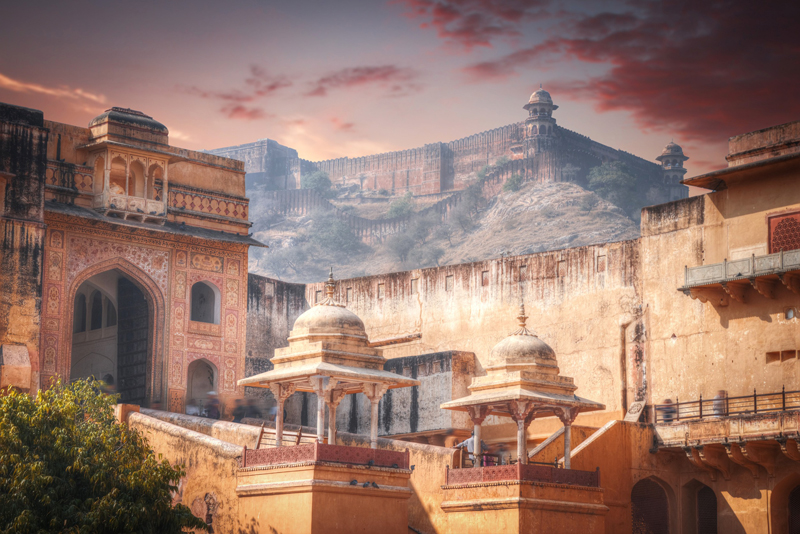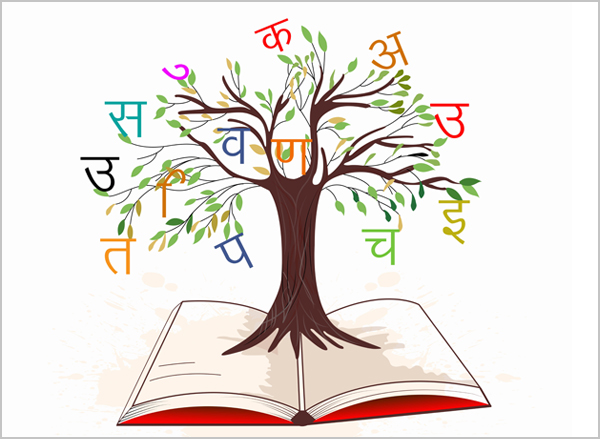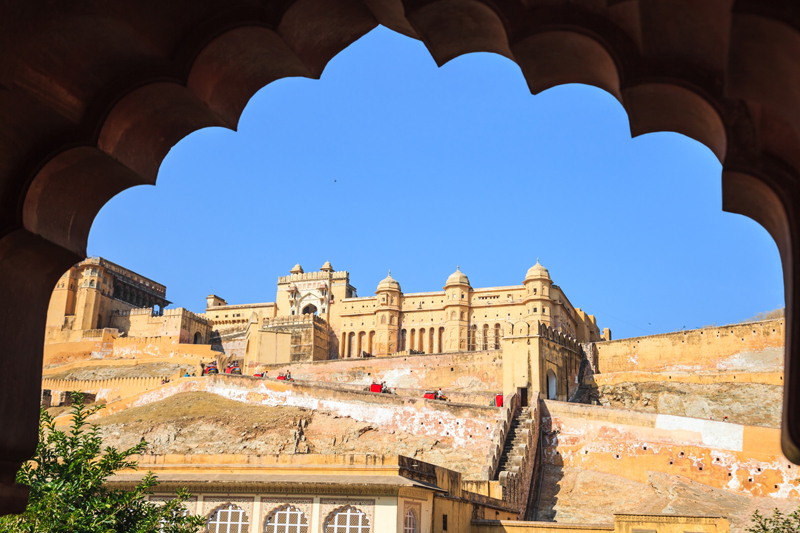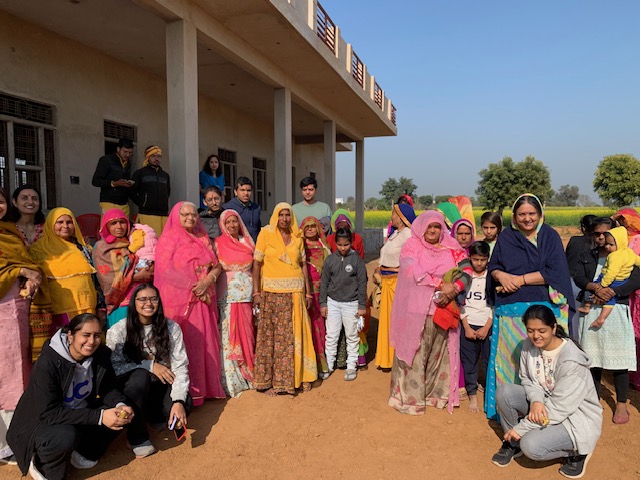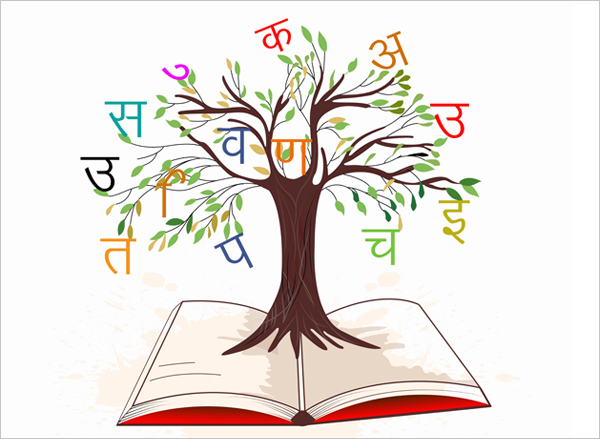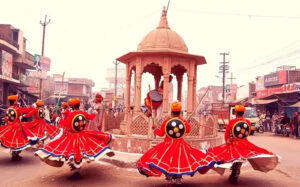
Hindus all over the world recently celebrated Diwali, the Festival of Lights. It fell on November 12th this year based on the Hindu lunar calendar.
Diwali, also known as Deepawali, is one of the most significant and widely celebrated festivals in Hinduism. The true meaning of Diwali goes beyond the surface-level festivities and illuminations; it is time for self-reflection and a renewed commitment to positive values. It is the triumph of light over darkness and good over evil. The Festival is rooted in various Hindu mythologies, with one of the most popular stories being the return of Lord Rama to Ayodhya after defeating the demon king Ravana. The lighting of lamps, candles, and fireworks symbolizes the victory of righteousness and dispelling ignorance. Families and communities come together and exchange gifts, feast on delicious sweets, and decorate homes with colorful rangoli (artistic patterns created on the ground using colored powders, rice, or flower petals). The Festival fosters a sense of unity and shared joy among people of diverse backgrounds.
Diwali also carries a symbolic significance of inner cleansing and renewal. It is a time when people clean and decorate their homes, symbolizing the removal of negativity and welcoming positive energy. The act of cleaning is not just physical but also extends to purifying one’s thoughts and actions. Diwali is associated with the worship of Goddess Lakshmi, the Hindu deity of wealth and prosperity. Families perform puja (ritual worship) to seek her blessings for material and spiritual abundance. This aspect underscores the importance of ethical conduct and responsible use of wealth to better oneself and society. Diwali promotes the idea of social harmony and the celebration of diversity. During the Festival, people visit friends and neighbors, exchange sweets, and participate in community events. This fosters a sense of brotherhood and unity, transcending caste, creed, and religious barriers. Recently, there has been a growing awareness of the environmental impact of Diwali celebrations, mainly due to the use of firecrackers. Many individuals and communities are now adopting eco-friendly practices, encouraging the use of lights over loud fireworks, and promoting a more sustainable approach to celebrating the Festival.
Diwali festival transcends religious boundaries, resonating with people from various backgrounds who share the universal message of hope and joy.
